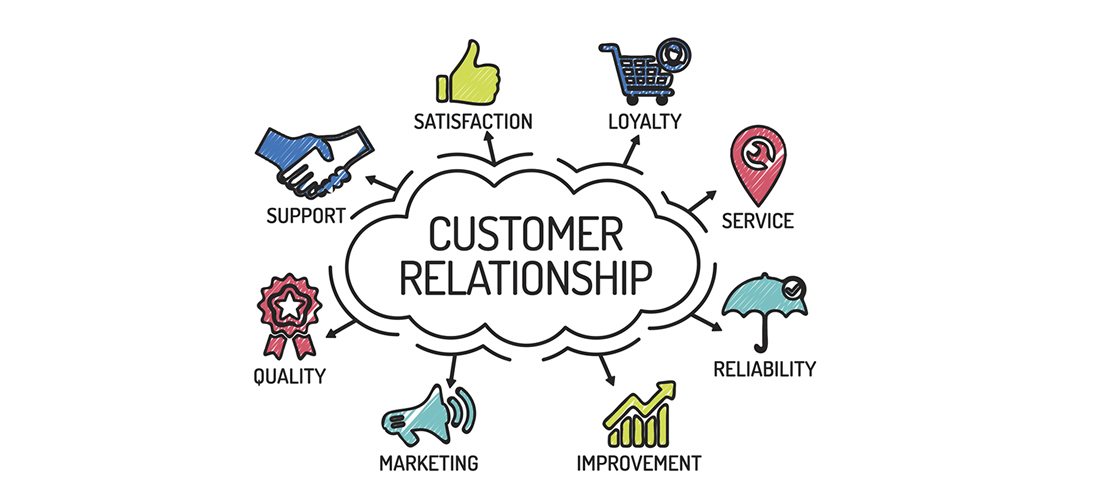(This is part two in a three-part series. See the first blog here)
Open any news source and you are bound to see another story about drama between a traveler and an airline. Ever since United Airlines “planegate”, the floodgates have opened and it seems there is one video-documented mishap after another. I mean, seriously, if there were a drinking game that had you taking a shot every time an airline was negatively highlighted on social media, we’d all be drunk.
In my last blog I talked about how the man being dragged off the United Airlines flight was horrific in itself, but United’s lackluster response and the onslaught of social media, to shine a spotlight (or maybe it’s a strobe light?) on the situation made it even worse.
New day = new video of a passenger experiencing a problem onboard a plane or at the gate. While United Airlines certainly bore the brunt, no airline is really safe. The customer experience related to flying is under a microscope right now and travelers everywhere are keeping a close eye out for the next flub. Who will it be? What will the incident be? It’s like waiting in great anticipation for the next episode of a miniseries.
And just when you thought the drama had hit its height, enter Congress. That’s right! At the beginning of the month, the airline industry got a stern talking to from Congress about the customer experience complaints that have been highlighted recently.
Not only are the airlines being publicly reprimanded, but some members of Congress even offered threats of regulations if they didn’t get their collective customer experience acts together.
Here’s the thing…you CANNOT regulate customer experience. I mean you can certainly institute regulations, but you can’t truly regulate an experience.
You can’t force employees to care, to be nice, to smile or to be authentic. You simply can’t mandate a great customer experience. But…what can be done (and needs to happen) is to change the mindset, the way employees think about the customer and how customers view employees. We must change the culture to be customer centric, then and only then will we begin to gain the trust of the customer and a true relationship can be forged.
So you see, company culture and therefore customer experience isn’t this “thing” that Congress can step in and regulate. It’s a living, breathing and intricately complicated entity that is constantly changing. To put legislation around it is impossible, because while you can regulate actions or behaviors, you can’t put guidelines around emotional connection. It’s like telling someone you are going to legislate their feelings, their soul. CX comes from the connection between people, at every touchpoint throughout the travel experience.
You can’t regulate things like compassion and understanding. So, in order for real change to happen, we need to look at customer experience in a whole new way. The customer experience can never and will never exceed your employee experience. What is your employees experience like? What is the culture they are working in and is it one that will produce a customer experience that you can be proud of, one that you are comfortable having captured on social media?
If you still think customer experience isn’t a big deal, this should make you perk up. It’s such a big deal that it made it to Congress. Pay attention everyone…customer experience has officially arrived! The answer is NOT government regulation; it’s changing the narrative between employees and customers and in many cases, that may mean changing the paradigm between business and their employees. And I’m going to dig deep and lay out that paradigm in the third and last blog in this series…stay tuned!
As always, I love a good convo, so feel free to chime in and tweet me @gmagenta.






